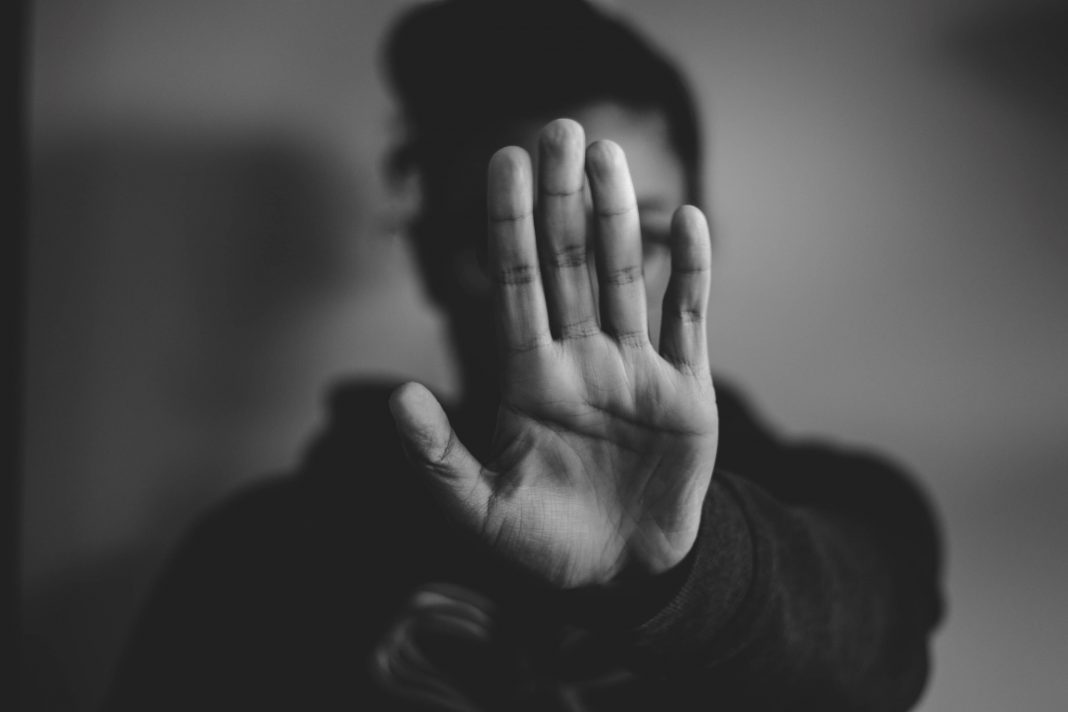The ratification of Law No. 12 of 2022 on the Crime of Sexual Violence (UU TPKS) is an essential legal reform for victims and society. Its implementation certainly requires commitment and integrity by stakeholders and the community in creating a safe space for the public.
However, the Anti-Sexual Violence Law still leaves the issue of the essence of sexual violence with the absence of further regulation regarding the definition of rape. This is unfortunate, considering that the power relations between the perpetrator and the victim of rape cause most sexual violence. The regulation on rape is only mentioned in the TPKS Law. However, it does not have a clear elaboration on the grounds of legal doctrine because it has been included in Law 1 No. 2023 on the Criminal Code, which was only passed this year.
In response, the regulation of rape in the Criminal Code has implications for its procedural law, which will be subject to the Criminal Procedure Code (KUHAP). This can potentially become a threat that complicates the victim with the burden of proof on the victim. This arrangement shows that legal reform related to norms of decency and human values is not effective if it is only regulated in general laws. By not elaborating on rape in the TPKS Law, the crime of rape has not undergone regulatory changes that could have been regulated at the same time to be more integrated and cover more types of sexual violence.
On the other hand, many law enforcement officials still do not protect the victim’s perspective by focusing on physical evidence as a post-mortem. There are still many reports of sexual violence that are rejected because they are considered insufficient evidence, contrary to the provisions in Articles 24-25 of the TPKS Law.
Not only that, in several handling of sexual violence cases, there are still many law enforcement institutions that ignore the need for private space for victims; seen from the limited facilities, it is not uncommon for officers other than investigators to be present in the room to interview victims in the examination process.
In addition, Police Regulation (Perpol) No. 8 of 2021 does not provide exceptions to the resolution of sexual violence crimes using a restorative justice approach, so adjustments are needed between the Perpol and investigator training. As for Article 27, paragraph (1) of the ITE Law, evidence in the form of electronic recordings is often reported by perpetrators as defamation, which has implications for victims’ concerns about reporting online gender-based violence (KBGO).
Although several courts have used the TPKS Hu in its implementation, many law enforcement officials still need to understand the contents of the law. As a young generation, we must not only be aware but critical of the provisions of the TPKS Law.
Therefore, massive socialization of the TPKS Law needs to be carried out both offline and online so that people understand the forms of sexual violence and the protection of their rights. The presence of the TPKS Law in our laws and regulations has an urgency related to preparing derivative regulations to optimize its implementation. All levels of society must focus on addressing the growth of sexual violence cases to implement “social justice for all Indonesian people” per the fifth principle of Pancasila.

